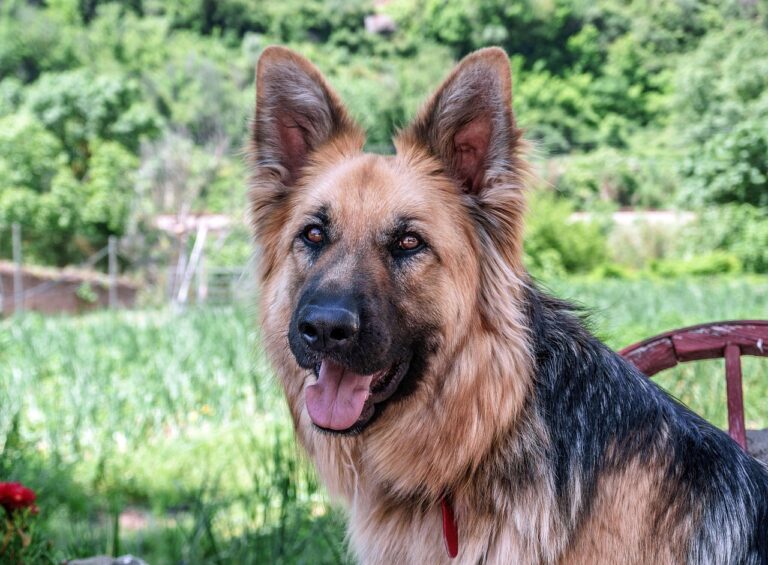5 Cheeses You Can Feed Your Dog And 5 To Avoid
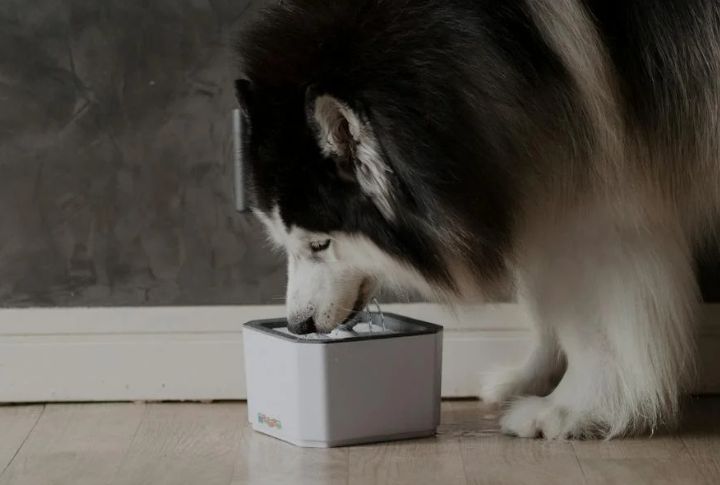
Cheese is a popular snack, but is it always a good idea to share it with your dog? There are a few important factors to consider, such as lactose intolerance, fat content, and harmful additives. Let’s explore which cheeses are safe to offer and which ones to avoid for your dog’s health. Moreover, always consult your vet before making any changes to your dog’s diet.
Feed: Cheddar
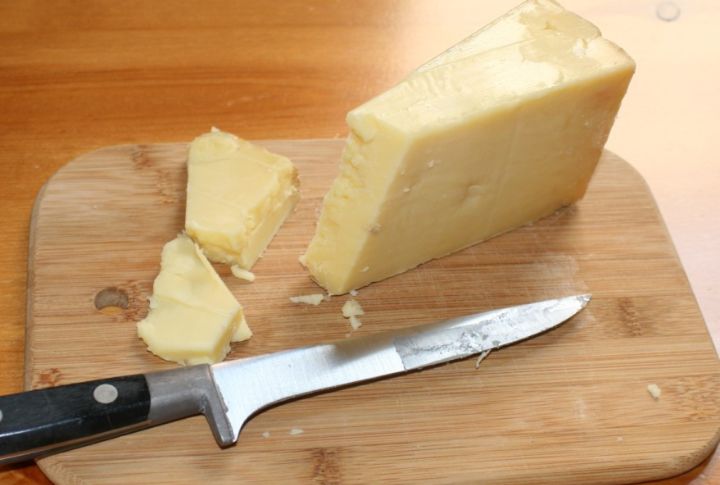
Cheddar is a classic cheese that dogs can often enjoy without issues. With its lower lactose content, cheddar is easier on most dogs’ digestive systems compared to other dairy products. While cheddar does contain fat, moderate amounts in small doses won’t harm your dog—just ensure that your dog is not lactose intolerant.
Avoid: Blue Cheese
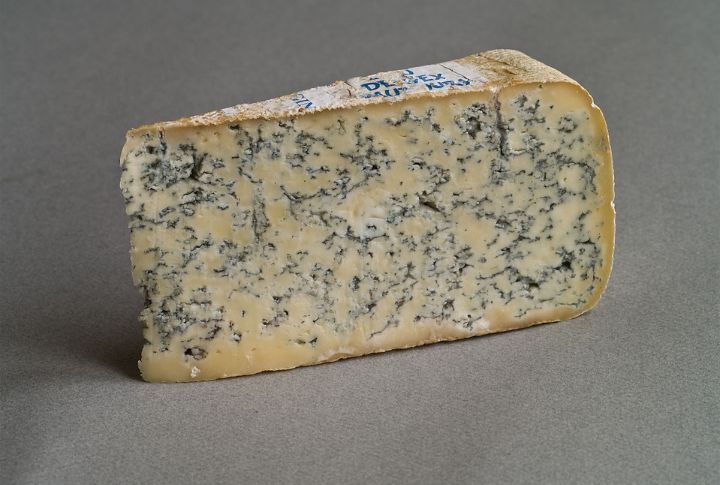
The moment you open a wedge of blue cheese, you may be hit with a strong smell. It should be avoided for dogs due to its high content of mold, which produces a toxin called roquefortine C. This toxin can cause severe reactions in dogs. Additionally, it contains high levels of fat and sodium, which can lead to longer-term health problems.
Feed: Mozzarella
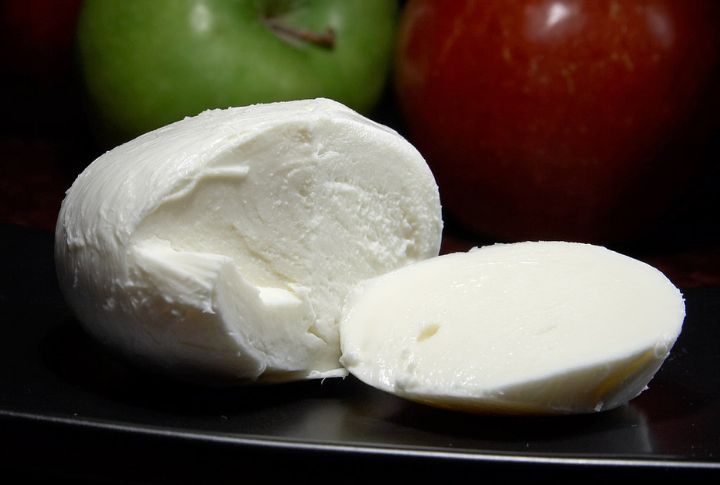
Mozzarella is one of the most dog-friendly cheeses available. It’s mild in flavor, soft in texture, and low in fat. Keep in mind that mozzarella also offers important nutrients like calcium and protein that support healthy bones, so your dog can enjoy it in moderation.
Avoid: Brie
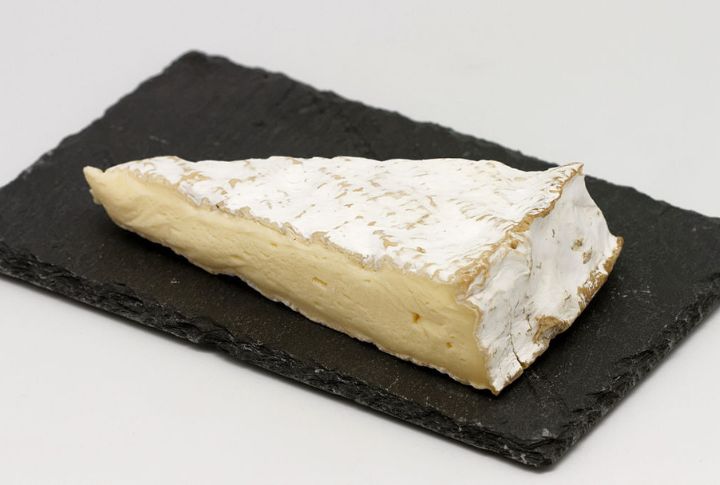
Brie is high in fat and difficult for dogs to digest. Its rich, creamy texture may cause gastrointestinal issues, such as diarrhea. If you’re tempted to share, think twice. The extra fat can also lead to pancreatitis in more sensitive dogs, making it a cheese to avoid.
Feed: Cottage Cheese
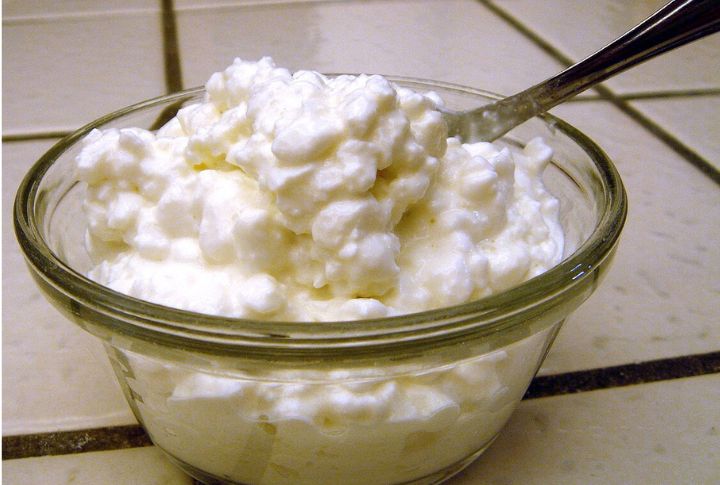
Packed with protein and low in fat, cottage cheese is a go-to snack for many dogs. It can aid in digestion because of its probiotics. For dogs with sensitive stomachs, opt for low-fat varieties to avoid unwanted calorie intake. A spoonful now and then can offer great health benefits.
Avoid: Goat Cheese

Goat cheese should be avoided for dogs due to its fat content, which can lead to obesity and pancreatitis if consumed regularly. Additionally, goat cheese can be high in sodium, which isn’t ideal for your dog’s health. It’s best to opt for dog-friendly treats to ensure their digestive system stays balanced.
Feed: Swiss
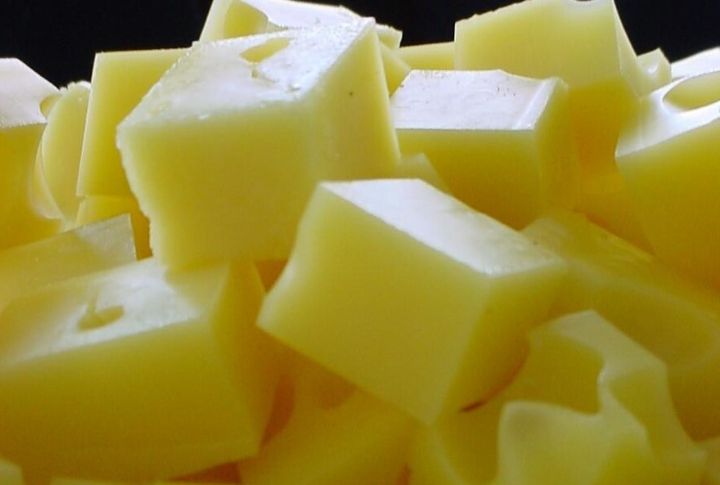
This mild, slightly nutty cheese is lower in lactose and easier for dogs to digest. Swiss offers a unique texture with its signature holes, which makes it fun for your dog to munch. It’s a tasty way to add variety to your dog’s snack routine. However, always check for your dog’s lactose tolerance level and feed in moderation.
Avoid: Cream Cheese
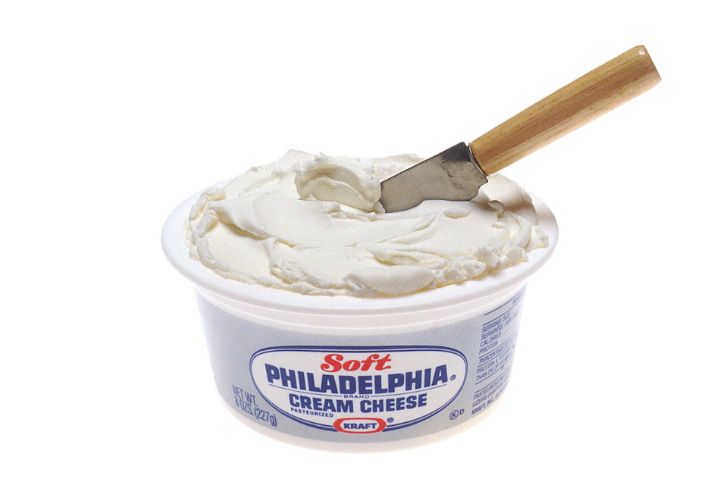
Cream cheese is very high in fat and lactose, which can lead to upset stomachs, especially for lactose-intolerant dogs. It’s also calorie-dense, which could contribute to obesity if given in large quantities. Save the cream cheese for your own bagel and choose a safer option for your dog.
Feed: Parmesan
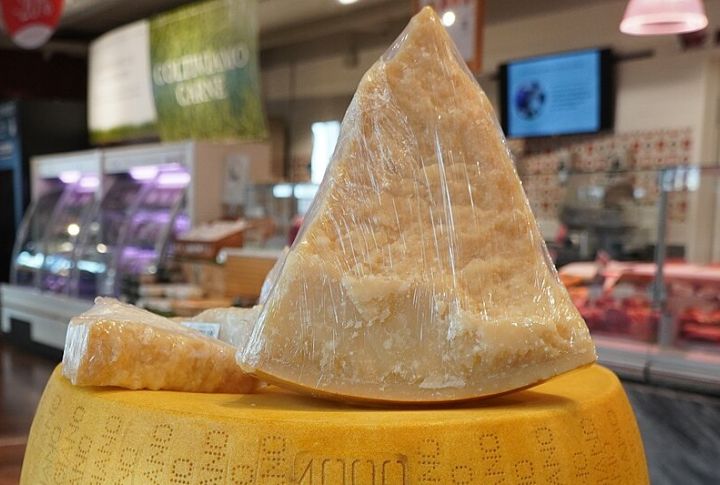
Parmesan cheese is a strong-flavored cheese that contains less lactose, which doesn’t affect dogs with good tolerance levels of lactose. High in protein, it can be sprinkled over meals for added flavor. Just be careful with the salt content—use sparingly to avoid sodium overload in your dog’s diet.
Avoid: Feta
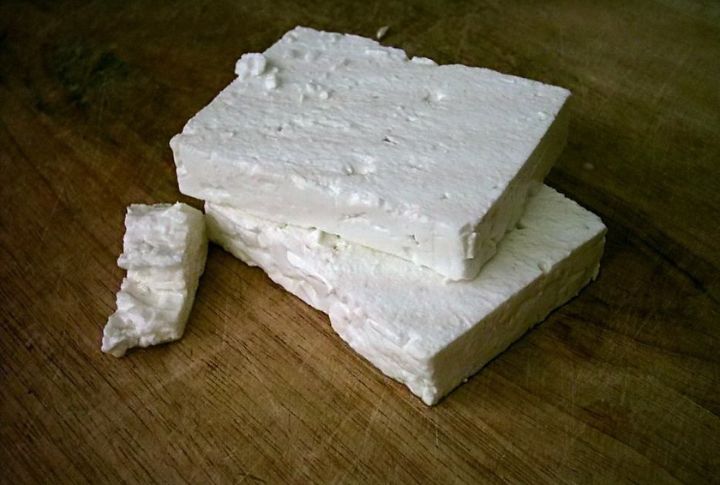
Feta cheese should be avoided for dogs because it contains high levels of salt. Dogs are more sensitive to salt, and too much can lead to sodium ion poisoning. While small amounts might not pose an immediate risk, it’s best to steer clear of feta to keep your dog safe and healthy.



